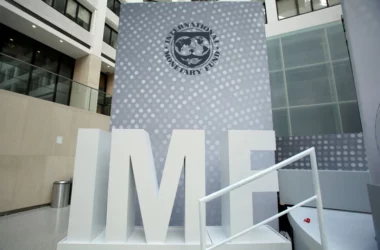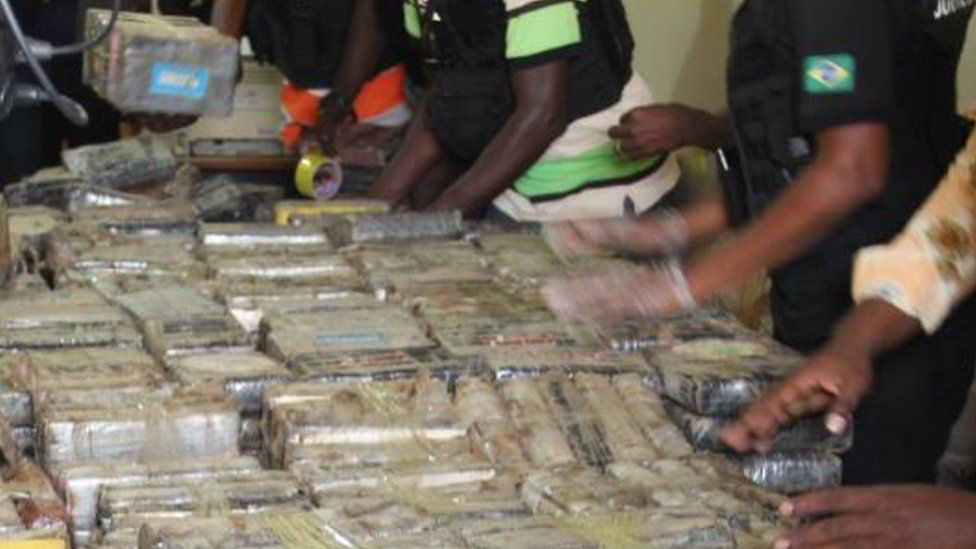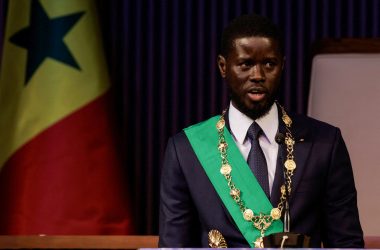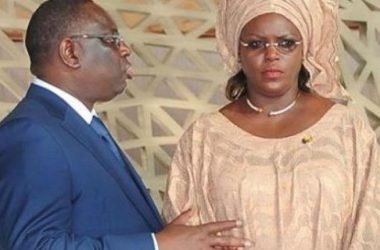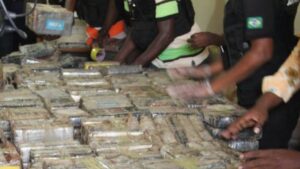

Braima Seidi Ba, a citizen of Guinea-Bissau, and Ricardo Ariza Monje, a Colombian national, were sentenced in 2020 to 16 years in prison following the September 2019 seizure of 1.8 tonnes of cocaine hidden in flour bags.
It was the largest ever drug bust in Guinea-Bissau, a country the United Nations once dubbed the “narco state” of West Africa because of senior military and political leaders’ involvement in the drug trade.
The issue returned to the fore in February, when a government cabinet meeting was attacked by heavily-armed gunmen. President Umaro Sissoco Embalo described the assault as a failed coup attempt linked to drug trafficking. read more
Ba and Monje were identified by prosecutors as the alleged kingpins of the smuggling network but were never taken into custody. Ten others, who were arrested, received prison sentences of between four and 14 years.
In its ruling, Guinea-Bissau’s Supreme Court threw out Ba and Monje’s convictions, saying the evidence did not bear out their guilt. It let the other 10 convictions stand.
The ruling, dated June 23, was first reported in Guinea-Bissau’s media on Friday.
Civil society groups in Guinea-Bissau blasted the decision as evidence that the court was “hostage to organized crime”.
The ruling “jeopardizes efforts to combat transnational organized crime and discredits the country’s image and credibility”, the groups said in a statement on Saturday.
The U.N. Office of Drugs and Crime (UNODC) said last week that growing instability in West Africa, a transit route for illegal drugs on their way from South America to Europe, was facilitating drug production and trafficking.
Reporting by Aaron Ross; Editing by Alex Richardson
(Reuters)









